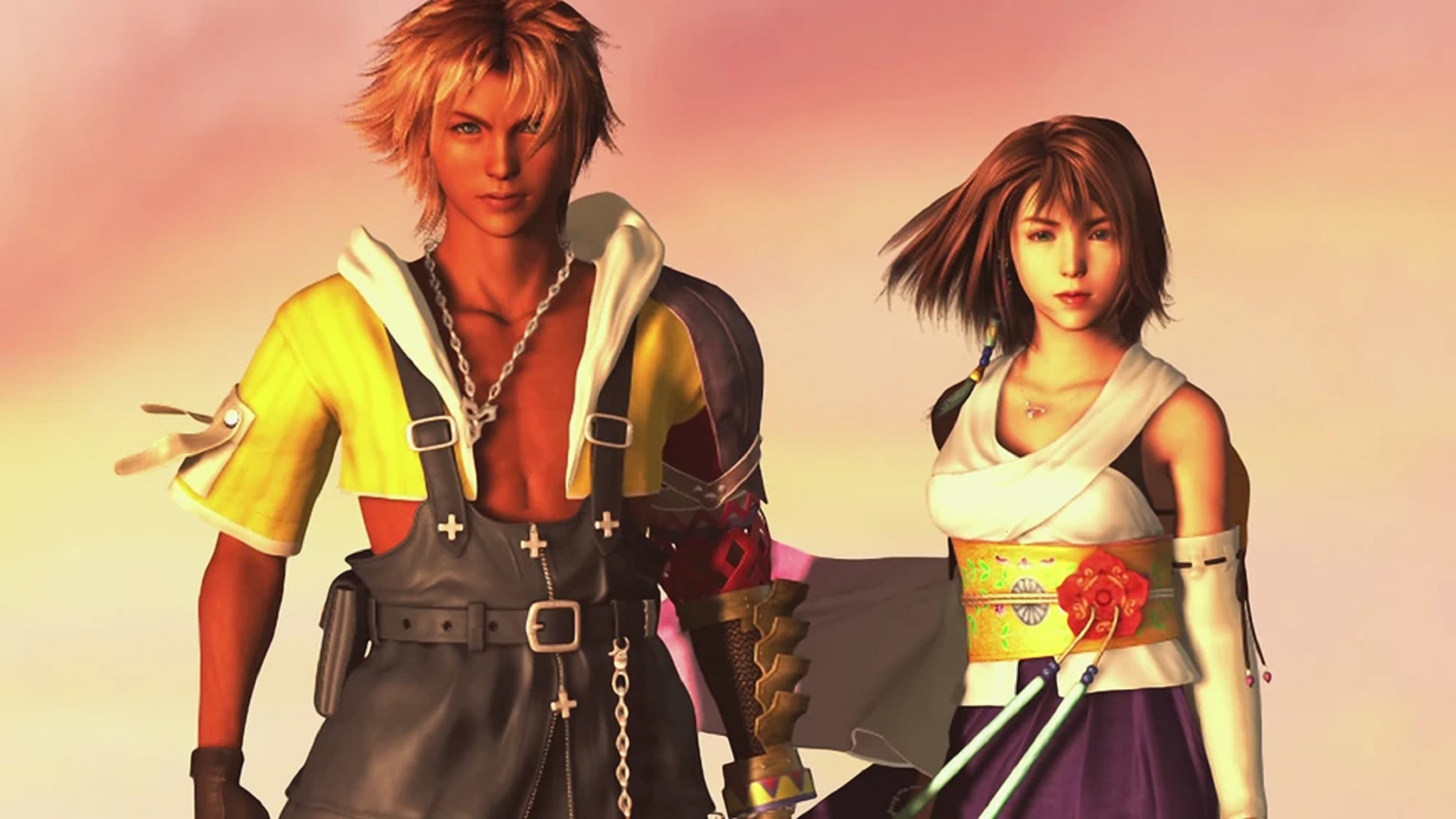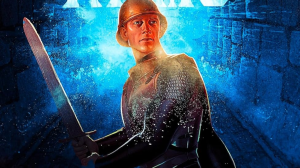Although the games are numbered in an order that can make you believe you have to play them sequentially, Final Fantasy’s mainline games are each their own story, letting you choose which order you play them in and if you want to skip games from the series entirely. If a game is directly connected to another mainline game, its title generally reflects that, such as Final Fantasy 10-2 being a direct sequel to Final Fantasy 10. However, there’s a theory that’s been around for a few decades that FF7 is in the same universe as another mainline game, and that theory is seemingly confirmed.
Videos by ComicBook.com
Final Fantasy 7 is set in the world of Gaia, starting you out in Midgar as you follow Cloud’s growing party and their journey out of Midgar with the intention to pursue Sephiroth, knowing that he’s a danger to the planet. That makes it feel completely different from the world of Spira in Final Fantasy 10, where you follow Yuna’s pilgrimage as she takes on the heavy responsibility of defeating Sin to give the people of Spira a period of peace. However, there’s a theory that these two seemingly unrelated games take place in the same universe.
FF7 Could Show the Distant Future of FF10

The theory that FF7 and FF10 take place in the same universe suggests that FF7 is set far in the future, and the people of Spira eventually become known as the Cetra, making them distant ancestors of Aerith. This theory stemmed from rather small details, as most fan theories do.
First, you have the character named Shinra in FF10-2, and the assumption is that he would go on and start the company that you then encounter in FF7. FF7 Remake takes this detail a bit further by adding a photograph in Shinra’s HQ that includes a man in the center of the image with a mask that looks the same as Shinra’s mask in FF10-2. Of course, this could be an Easter Egg rather than any sort of confirmation.
The second biggest detail that points to the connection between these games is how the Farplane is incredibly similar to the Lifestream, enough that you could suggest they’re essentially the same thing. Due to the cultures of the people you encounter in each place, the Farplane is viewed through a more sacred and religious lens, whereas the Lifestream is seen as an energy source, particularly by Shinra, as it’s the source of the Mako they keep harvesting.
As far as the people of Spira being later known as the Cetra, the biggest indicator of this connection would be how they view the Farplane as being sacred, and how they’re able to interact with it. You could even suggest that the way the Farplane manifests might be the Promised Land that Shinra wants the Cetra to guide them to, as it would be a place abundant with Mako if it’s the same as the Lifestream. Yuna might be the greatest evidence of possibly being part of what would later be called the Cetra, both due to her ability to use magic and summons, but also with her ability to send departed souls to the Farplane so they can rest.
This Theory Is a Confirmed Interpretation
While this theory that connects the games isn’t outright stated as being true, it seems to be a valid interpretation of the game’s worlds, and an intentional one. Yoshinori Kitase has directed FF6, FF7, FF8, and FF10 along with being a co-writer for the games. As such, he’s been questioned about various theories that have come up in the community over time.
As Kitase is the producer for the remake of FF7, it’s not surprising that some of these older questions have come up again in interviews with him, including an interview done by Edamame Arcade Channel that’s available on YouTube. The interviewer asks a series of questions to Kitase in rapid succession, and he answers by holding up a circle for true or an X for false. When asked if FF7 and FF10 take place in the same universe, Kitase actually said that this was true.
While this new interview makes it seem definitive, it might be better to look at the older interview where Kitase retracts his denial of a popular FF8 theory, as he says that it’s possible one of his co-writers intended to have that theory as a possible interpretation of the story. Looking at the theory that FF7 and FF10 could be in the same universe as a possible interpretation instead of an unchanging fact makes the worlds more flexible and lets you enjoy the games both on their own or together, while still letting you dig into the content to validate the theories yourself.








